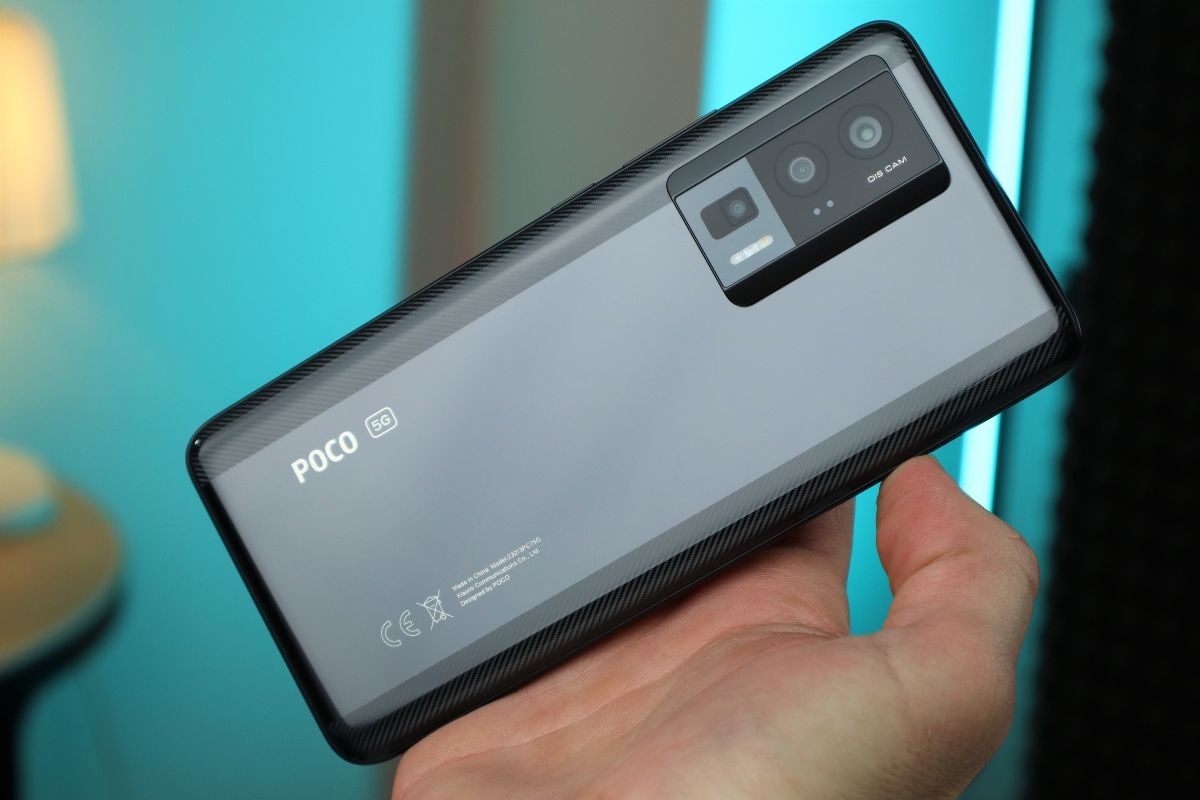NOS News•
-
Stikkelorum at sea
Interior Editor
-
Stikkelorum at sea
Interior Editor
Bring your own container to the snack bar and pay a deposit for your McDonald’s cup. As of July 1, new rules will come into effect with major consequences for food and drinks on the go, takeaway and delivery.
The aim is to prevent the use of disposable packaging and to encourage reuse. But the question is whether that will really happen.
Hidden plastic
Every day in the Netherlands we throw away 19 million plastic cups and food packaging. Under pressure from European legislation, the use of disposable plastics in the Netherlands must be reduced by 40 percent by 2026.
From 1 July you will therefore have to pay extra for plastic disposable packaging when collecting food or having it delivered. This does not only apply to packaging where it is clear that they are made of plastic, such as the white chip tray at the snack bar. There is also a plastic foam layer in cardboard drinking cups and pizza boxes. The advice from the government is to charge 25 cents extra for a cup and 50 cents for a meal package.
In addition, companies must offer a reusable alternative to disposable plastic packaging. Another option is for customers to bring their own cup or container. Not only the hospitality industry has to deal with this. You will also have to pay for the plastic packaging of the meal salad in the supermarket or petrol station.
The question is whether customers purchase the deposit cup and return it to us.
Large chains in particular have been working for some time to be able to comply with the rules. For example, McDonald’s opts for its own returnable cups, in addition to the disposable cups for which customers have to pay the ‘plastic surcharge’.
“For us it is one of the biggest challenges ever in the Netherlands,” says a spokesman for the fast food company. “We have to set up two flows. One for the reusable and one for the disposable cups. And the surcharge for the disposable cup must be shown separately on the receipt.”
In addition, the deposit system is a complicated operation. “The question is whether customers purchase the deposit cup and return it to us.” For example, the reusable trays and cups that the company introduced in France quickly became collector’s items.
Then, according to the spokeswoman, the question is whether the environment will be better. “If cups don’t come back, we have to buy a lot more of them. And cleaning results in a huge increase in water and energy consumption.”
Reuse is therefore difficult to organize for large companies, let alone for the takeaway restaurant around the corner. Many smaller entrepreneurs are not yet aware of the new rules, notes the Human Environment and Transport Inspectorate (ILT).
The entrepreneurs who are, are mainly looking for packaging that does not contain plastic, says Frans van Rooij. He is director of the trade association for chip shops ProFri. Because then they don’t have to charge extra money for it and they don’t have to offer a reusable alternative. “We are constantly testing which containers are sturdy enough without plastic.”
But there are no plastic-free alternatives for drinks and fatty products yet, says the inspectorate, which will enforce. “To get that done, chemical tinkering has to be done so that it still contains plastic,” says Gert van Rootselaar of the ILT. “Almost everything that we are now offered and check still contains plastic.”
With a bag full of trays to the snack bar
This means that offering a reusable alternative remains mandatory. Another option is to let customers bring their own container or cup. That is not easy either. “It cannot be the case that if the store is full, you arrive with a bag full of trays,” says Van Rooij. “Snack bars will allow ‘bring your own’, but also explain that it is at the expense of quality and speed.”
The expectation in the hospitality industry is that customers will opt for convenience and accept the plastic surcharge on disposable packaging. “They don’t mind paying 3.50 euros for delivery. Then the money for packaging isn’t a problem either,” thinks the ProFri foreman.
“Disposable is deep in the genes”, Van Rootselaar of the inspectorate also notes. “Companies want to continue with single-use packaging.” He thinks that is a missed opportunity. “The aim of the legislation is reuse. That is the standard. We see that this standard is not being taken up.”
2023-05-26 17:08:19
#Bring #container #snack #bar #rules #disposable #plastics #July


